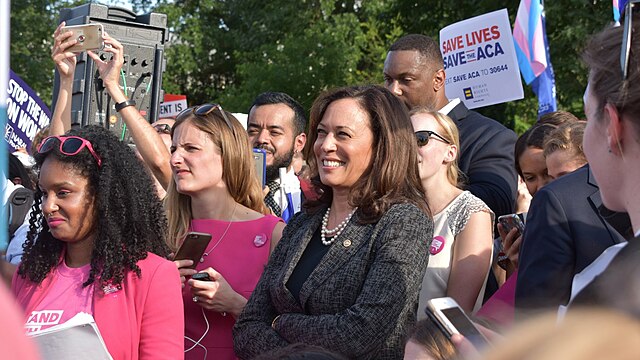“Wait, you’re a girl?” cries the high-pitched, microphone-distorted voice of yet another young male gamer.
“Yes,” responds a confident female player.
What follows is a brutal demonstration of the rampant digital sexism found in a rapidly growing industry. Slurs, cat-calls, insults and other abuses rain down on the once eager participant until, in many cases, she is forced to leave the game.
This disgusting conduct cannot stand in gaming. And I, armed with the hope of shifting demographics, wait with bated breath for an industry already making strides to continue to move towards the infinitely promising future of a more open and respectful gaming landscape.
In April 2014, the Electronic Software Association published “Essential Facts about the Computer and Video Game Industry,” a paper showing that women now make up 48 percent of the gaming industry, and women over the age of 18 are a larger demographic than boys 18 and younger.
This movement toward equilibrium has ramped up over the past few years, and everyone has an opinion about the industry’s reaction to this rapid shift.
“It’s not really surprising; over the years it’s become easier and easier to get into video games,” said junior Ryan Siebens, a member of Guilford’s Yachting Club. “Over time, I’ve met more and more women who enjoy games.”
More women who enjoy games means more people who enjoy games, which means more widespread appeal and acceptance. The more universal the medium is, the more relevant it becomes in the eyes of those who do not play. Games are beginning to accumulate cachet as works of art, even outside the more devoted community.
Unfortunately, many who call themselves “hardcore” gamers have taken up a harsh and unjustified crusade against anyone who is not obsessed with their medium of choice — or is a woman.
Early College junior Lin Lockhart, an avid gamer, describes what he sees when playing the popular arena combat game League of Legends.
“Most times, if a team of boys finds out there’s a girl member joining their team, they aggressively push that player to play a support role on the team,” Lockhart said. The trend spreads from there into other genres.
The wildly popular video-game franchise Call of Duty carries a horrendous reputation for toxic and abusive players. Early College junior Morgan Lano, another enthusiastic gamer, recounted one of her experiences in the game.
“I remember once a gamer commented on my voice being higher and I told him I was a girl, “ Lano said. “The rude, cruel jokes, asking to get with me, nasty terms for anatomy, and general harassment went on the entire game to the point where I had to find a new lobby to play in.”
No respectful person would ever tolerate behavior this demeaning and destructive in a face-to-face setting. “It’s a guy’s thing,” the painfully common excuse used by so many gamers, no longer holds water.
With the rapid industry-wide expansion seen over the past few years, gamers cannot allow digital sexism to denigrate the pastime they love so dearly.





